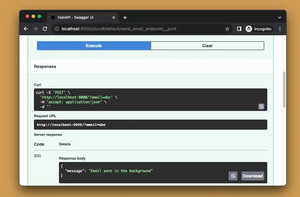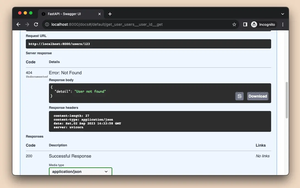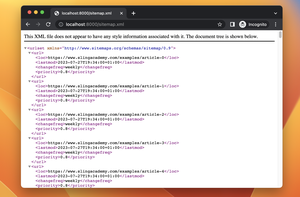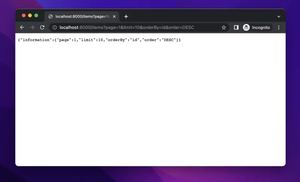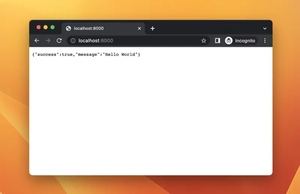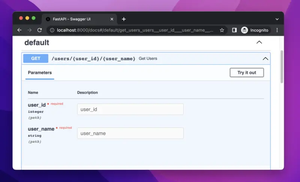Jinja is a powerful templating engine for Python, commonly used to render web templates. One of its most practical features is the availability of built-in filters, which can manipulate template data effectively. Let's explore some of the most useful Jinja filters with examples on how to use them.
1. safe
The safe filter is used to mark strings as safe, prohibiting auto-escaping for HTML output. This is crucial when you want to render HTML elements within variables.
from jinja2 import Template
template = Template("""
{{ user_description | safe }}
""")
output = template.render(user_description="<p>Hello, World!</p>")
print(output) # Output: <div><p>Hello, World!</p></div>2. upper
The upper filter converts strings to uppercase, which is particularly useful for consistency in text formatting.
template = Template("{{ name | upper }}")
output = template.render(name="John Doe")
print(output) # Output: JOHN DOE3. capitalize
Using the capitalize filter capitalizes a string (i.e., it makes the first character uppercase and the rest lowercased).
template = Template("{{ sentence | capitalize }}")
output = template.render(sentence="hello world!")
print(output) # Output: Hello world!4. default
The default filter allows setting a default value if the passed variable is undefined, which enhances template robustness significantly.
template = Template("{{ user_name | default('Guest') }}")
output = template.render() # user_name is not provided
print(output) # Output: Guest5. join
With the join filter, you can concatenate list elements into a single string, using a specified separator.
template = Template("{{ list_items | join(', ') }}")
output = template.render(list_items=['apple', 'banana', 'cherry'])
print(output) # Output: apple, banana, cherry6. length
The length filter returns the number of items in a string, list, or any iterable, perfect for quick evaluations within templates.
template = Template("{{ list_items | length }} items available")
output = template.render(list_items=['milk', 'bread', 'eggs'])
print(output) # Output: 3 items available7. replace
Utilize the replace filter to substitute occurrences of a substring with another within your data.
template = Template("{{ message | replace('World', 'Jinja') }}")
output = template.render(message="Hello, World!")
print(output) # Output: Hello, Jinja!Conclusion
These filters enhance Jinja’s capability to handle and transform data inline effectively, making templates more flexible and powerful. Understanding and utilizing these built-in filters can significantly improve how you build and manage your templates. Explore more Jinja features to further smoothen and optimize your web application's frontend development.
